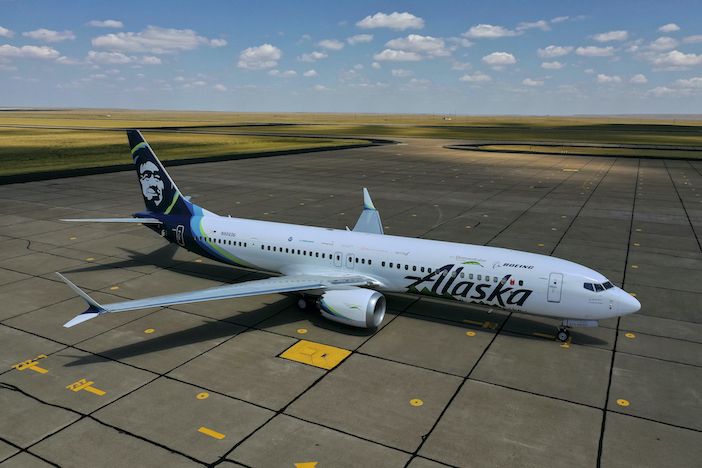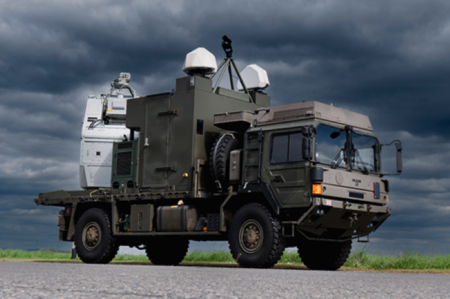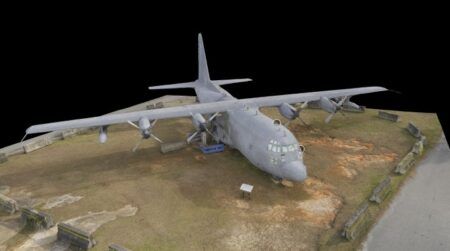US regulator the FAA will not allow Boeing to increase the production rate of its 737 Max aircraft in the coming months while the company’s program of safety and quality fixes is being introduced.
Boeing was directed by the FAA to develop and implement a plan to set new standards for safety and how the company does business following the January 5 Alaska Airlines Boeing 737 MAX door plug incident. Boeing has developed this plan over the last 90 days, with input from the FAA.
Boeing is also now required to have a mandatory Safety Management System, which will ensure a structured, repeatable, systematic approach to identify hazards and manage risk.
As well as the halt on the 737 Max production increase, the FAA is regularly auditing the company to monitor progress on improvements to the aircraft’s manufacturing at Boeing and its suppliers.
After a progress update meeting between FAA and Boeing this week regarding the action plan and its implementation, Whitaker said, “We will not approve production increases beyond the current cap until we’re satisfied.”
“Today, we reviewed Boeing’s roadmap to set a new standard of safety and underscored that they must follow through on corrective actions and effectively transform their safety culture,” Whitaker said in a statement.
“On the FAA’s part, we will make sure they do and that their fixes are effective. This does not mark the end of our increased oversight of Boeing and its suppliers, but it sets a new standard of how Boeing does business.”
“We will hold the company accountable every step of the way to make sure these changes happen.”
In addition, the FAA has increased its onsite safety inspector presence at Boeing’s facility in Renton, Washington, and Spirit AeroSystems’ facility in Wichita, Kansas. The regulator also continues to issue airworthiness certificates for every newly produced Boeing 737 MAX.





